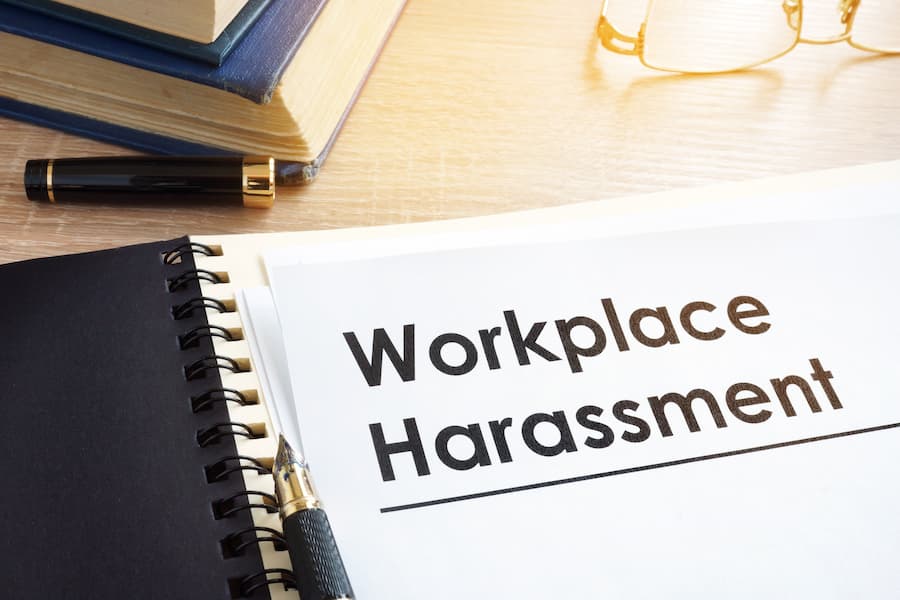The Speak Out Act and the Ending Forced Arbitration of Sexual Assault and Sexual Harassment Act, both written into law in 2022, give employees more workers’ rights when they have been sexually assaulted or sexually harassed in the workplace. Both laws had bipartisan support and are the most significant legislative developments to come out of the #MeToo movement, paving the way for a more just workplace.
Sexual harassment and assault remain pervasive in the workplace. One in three women has faced sexual harassment in the workplace during her career, and an estimated 87 to 94 percent of those who experience sexual harassment never file a formal complaint. Sexual harassment in the workplace forces many women to leave their occupations or industry or pass up opportunities for advancement. In order to combat sexual harassment and assault, it is essential that victims and survivors have the freedom to report their abuse and publicly disclose it, if they choose to.1 For more information, reach out to a sexual harassment lawyer.
How Can The Speak Out Act Protect Employees?

The Speak Out Act makes non-disclosure agreements (NDAs) and non-disparagement agreements unenforceable in sexual harassment and assault cases. This law applies only to agreements signed before the harassment or assault occurred. It also invalidates existing agreements in cases that have not yet been filed.
NDAs are often included as part of the new hire forms and employment contracts new employees are required to sign and often do not understand what they are signing. NDAs were originally created to protect proprietary information and intellectual property. However, employers have used NDAs to silence victims of workplace sexual harassment and keep misconduct from being exposed to coworkers and the public.
Non-disclosure and non-disparagement provisions in agreements between employers and current, former, and prospective employees, and independent contractors, can perpetuate illegal conduct by silencing those who are survivors of illegal sexual harassment and assault or illegal retaliation, or have knowledge of such conduct, while shielding perpetrators and enabling them to continue their abuse. Prohibiting nondisclosure and non-disparagement clauses will empower survivors to come forward, hold perpetrators accountable for abuse, improve transparency around illegal conduct, enable the pursuit of justice, and make workplaces safer and more productive for everyone.1
How Does Ending Forced Arbitration Help Employees?
Ending forced arbitration allows employees who are victims of sexual harassment and sexual assault to seek justice in civil court when they had previously been bound to a closed, often-secretive legal proceeding called arbitration. Employers forced workers into arbitration to keep matters out of the public eye and keep companies free from public scrutiny and accountability. Now, employees can expose if they want to file a lawsuit and expose the company publicly or not. It can also provide more leverage in settlement agreements.
For more information and frequently asked questions regarding sexual harassment:
Harassment based on gender, gender identity, or gender stereotyping, not related to sexual interest
What is Inappropriate Touching At Work?
Source





